How to Become an LPN in Quebec – Guide for IENs
Are you curious about how to become an LPN in Quebec?
Becoming an LPN is one of the popular choices among internationally educated nurses (IEN) in Quebec. There are bridging programs already set for IENs aiming to become an LPN.
LPNs in Quebec are also called nursing assistants or infirmièr/e auxiliaire. The professional order that regulates the LPNs in Quebec is the Ordre des infirmières et infirmiers auxiliaires du Québec (OIIAQ).
What is the difference between LPN and RN?
The simplest way to know the difference between LPNs and RNs in Quebec is to know OIIAQ’s Scope of Practice for LPNs.
In summary, here are the nine reserved activities for LPNs in Quebec:
- Apply or perform invasive measure for the maintenance of a therapeutic equipment of a patient. Example: Empty a Jackson-Pratt drain.
- Take specimens from patients as duly prescribed. Example: Collect nasal/throat swabs.
- Provide care and treatment for wounds and impaired skin/tegument integrity according to a prescription or a nursing plan. Example: Perform wound care to a patient with VAC therapy.
- Monitor neurological signs and state of consciousness. Example: Perform change-of-shift baseline neuro vital signs.
- Prepare or mix medications according to prescription except intravenous drugs. Example: Prepare insulin.
- Administer medications except intravenous drugs. Example: Inject Fragmin subcutaneously.
- Participate in vaccination programs under the Public Health Act. Example: Administer flu vaccine.
- According to a prescription, introduce an instrument or a finger beyond the nasal vestibule, urinary meatus, labia majora or anal margin or into an artificial opening in the human body. Example: Insert a foley catheter.
- According to a prescription, introduce an instrument into a peripheral vein in order to take a specimen. A training certificate is necessary. Example: Perform blood draws.
Moreover, here are the authorized activities for LPNs that require certifications prior to practice:
- Maintenance care of a tracheostomy connected to a ventilator.
- Contribute to IV therapy – install a peripheral intravenous catheter measuring less than 7.5 centimeters and administer intravenous solutions without additives.
I’m an RN in my country. Is it a good idea to become an LPN instead in Quebec?
IENs and nurse immigrants in Quebec are mostly anglophones. Currently, there is only one English college in Quebec that provides the RN bridging program for IENs – the John Abbott College (JAC). Because of this, there is a long waiting list for those who want to enter the RN bridging program in JAC which can be as long as two years.
IENs who cannot wait for a slot in JAC are taking the LPN pathway. It’s faster because there are two English schools that provide the 6-month bridging program for LPNs – Pearson Adult Career Centre (PACC) and CDI College.
Choosing the LPN pathway is not too bad because workload-wise, an LPN’s job is less stressful than an RN’s job. Also, the salary difference between LPNs and RNs in Quebec are not that far.
Job outlook for LPNs looks good in the next years according to the Market Report of the Department of Employment and Social Development Canada (ESDC). More hospitals and clinics are hiring nursing assistants to work with RNs since OIIAQ overhauled their scope of practice and they are able to do more nursing tasks now.
Step-by-Step Guide on How to Become an LPN in Quebec
1. Open an application with OIIAQ
Remember that OIIAQ’s website is available in French only. If you don’t understand some parts of the website, it’s handy to use Google Translate while browsing their website.
The whole process starts by opening an application file with OIIAQ. You can only open a file via online registration in OIIAQ’s website. Currently, it costs $172.46 CAD.
2. Fill up the portfolio kit and send with the documents required
After opening a file, you will have access to the portfolio kit in your OIIAQ online account. In general, here are the details you must provide:
- Personal information
- Status in Quebec (permanent resident or citizen)
- Estimated number of clinical hours done in nursing school before
On the other hand, here are the documents required to be attached.
- Proof of legal residency status in Canada
- Comparative evaluation for studies done outside Québec or also known as Évaluation comparative des études effectuées hors du Québec
- Nursing Diploma
- Attestation of clinical hours done at school / RLE Summary
- Certificates of Employment for previous work experiences as a nurse
All documents should be certified as true copy so they can prove authenticity. To do this, just bring all copies of your documents to a Services Québec office to have them stamped and certified as true copy.
There is one page in the portfolio kit that you must bring to a registered Commissioner of Oaths for stamping and notarization. This authenticates the portfolio kit and certifies that you provided correct and accurate information. To do this, you can bring your portfolio kit to Bureau Accès Montréal and it costs $5 for the stamping.
Once your portfolio is complete, you can send them by mail to OIIAQ’s office.
3. Schedule for a Diagnostic Exam
After one to three months, you will receive a decision letter where you will be asked to take a diagnostic exam. The letter also includes instructions on how you can schedule for the test.
The diagnostic exam is given in OIIAQ’s office. You will use a tablet programmed specifically for the exam. You can also use a calculator during the exam through the tablet.
4. Comply with Bridging Requirements
Once you are done with the diagnostic exam, you will receive another decision letter after one to two months. It can be any of the following:
- Do a clinical internship for a specified amount of hours
- Take the OIIAQ exam for LPNs
- Complete a 6-month bridging program in accredited schools
Most candidates are advised to complete the 6-month bridging program. As mentioned earlier, there are two English schools that offer the program – Pearson Adult Career Centre and CDI College. The program includes three months of theoretical teaching and another three months of clinical internship.
5. Take the OIIAQ LPN Exam
After complying with the bridging requirements, you will be eligible to take the licensure exam. Some candidates may also be advised by the Order to skip the exam so they can practice right away.
There are four schedules for the exam each year – March, June, September and December. Candidates can take the exam for three times only so if they failed for the third time, they will need to do a refresher course.
Once you have successfully passed the exam, you can register for a temporary license online through your OIIAQ account. You can only get a full license after submitting a proof of French language proficiency.
6. Provide proof of French language proficiency
As written more specifically in How to Become a Nurse in Quebec, there are two ways on how you can provide proof of French language proficiency – by passing the OQLF exam or by submitting a Quebec highschool diploma via distance learning. Please read no. 4 here for more detailed information about how to meet this requirement. You can also read my experience in getting a highschool diploma in Quebec.
Once you have a temporary license, you should submit your proof of French language proficiency within a year. You only have one year because the temporary license expires after 12 months. You can still request for an extension if you took the OQLF exam and failed. Read my experience in taking the OQLF exam here.
What if I have an LPN license in another Canadian province?
Under the Canadian Free Trade Agreement, all Canadian provinces are required to recognize and provide equivalency to licenses issued by another Canadian province. So under this agreement, OIIAQ should provide reciprocity of license to you if you have an LPN license from another Canadian province.
However, OIIAQ may still have additional requirements for reciprocity especially if you are out of practice for more than two years. The requirement can be internships or refresher courses. But for sure, it will not be necessary for you to take the OIIAQ licensure exam to get a license to practice in Quebec. Read my experience in transferring my RPN license from Ontario to Quebec.
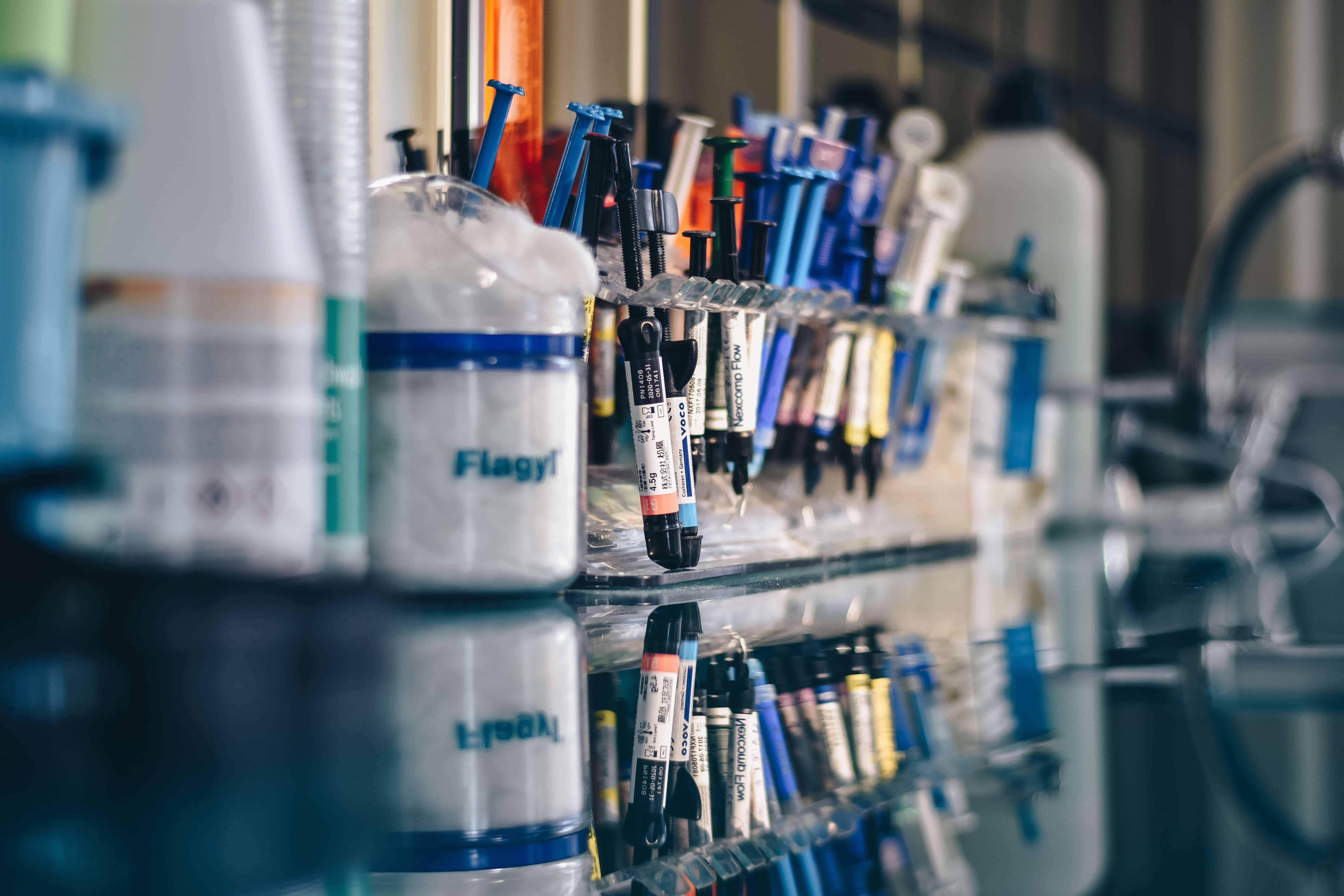

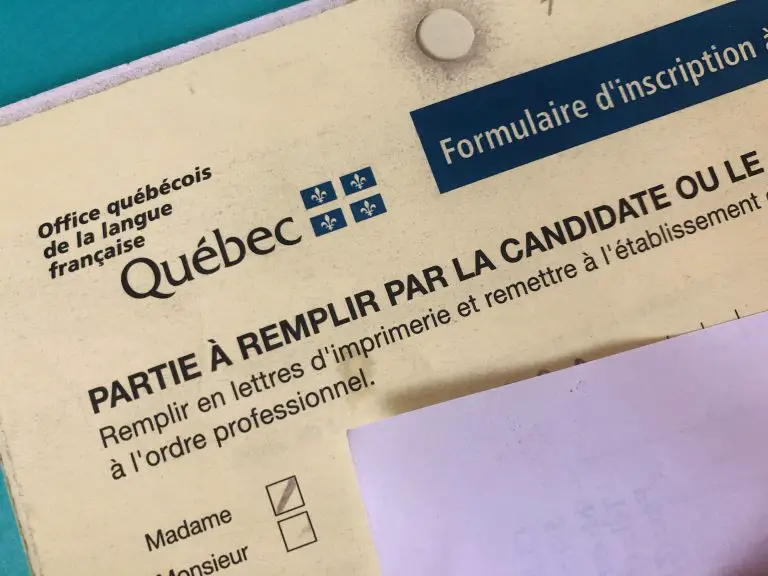
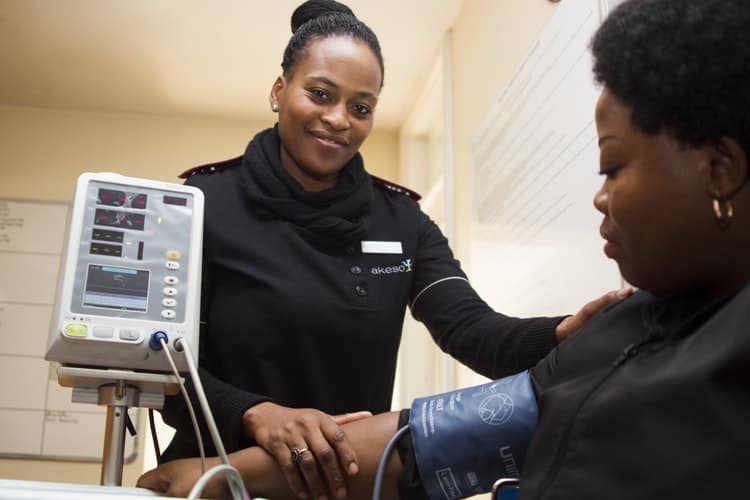

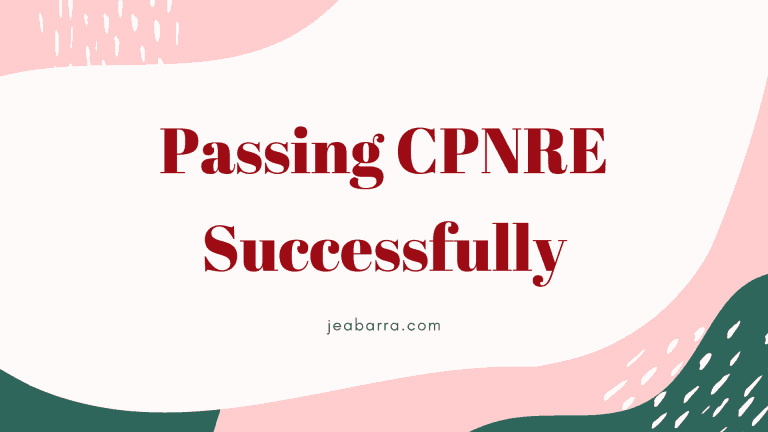
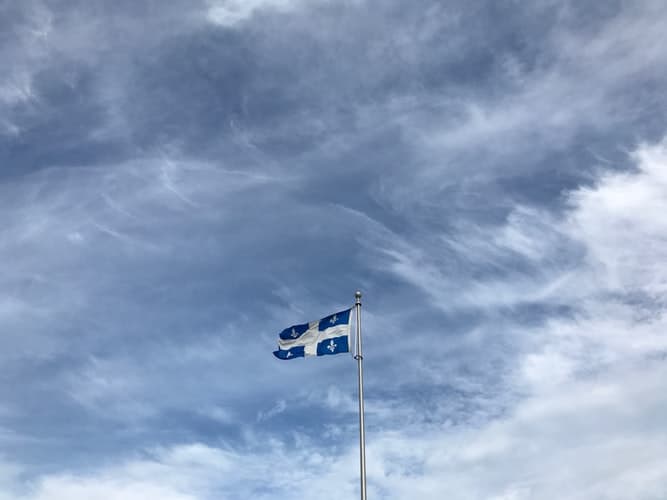
what if you don’t have any nursing experience but a graduate of BSN back home? are you still eligible to take the bridging program for LPN?
I’m not sure but try applying for their diagnostic exam to know. Having a BSN back home, it’s already equivalent to DEC in Quebec which is more than DEP (the diploma for LPNs here). All IENs I knew who took the diagnostic exam were all required to take the 6-month bridging program, regardless of the amount of nursing experience they had, but I don’t know anyone yet who didn’t have any nursing experience before.
i am a BSN graduate back home but didn’t work as a nurse. am i eligible to apply for the 6 months bridging program for LPN?
If we are not pr holders .. can we start our oiiaq procedure…??
I’m not sure about that, you should call OIIAQ. But back then they asked for a proof of status from me during the application process. Take note that if you are not a resident of Quebec yet, you will need to pay more for school fees when you do your bridging program as schools have higher tuition fees for non-residents of Quebec/Canada.
any tips on what to review for the Diagnostic Exam?
Thank you so much!
I remember there were a lot of questions about geriatrics and diabetes. They were scenario-type questions. I’m not sure if it’s still the same now.
Hi Jean
I have a BSN and planning to register as RN in Quebec. My nursing license has a mistake in the year of birth, day and month are correct. Can I notify the order of this in advance and could this constitute delays in registering process?
Thanks
Yes, you should let them know in advance to avoid delays in the process. They might just ask you for a notarized document explaining the mistake in your nursing license together with the forms that need to be filled up by the Nursing Licensing Order in your country.
But for me, another good way to do this is to ask for a new corrected license from the Nursing Licensing Order where you are registered. This seemed to be less complicated for the application process.
I would like to know why LPN from another province in Canada is equal to Infirmière Auxiliaire and not infirmière DEC?
Infirmière Dec is 3 years after secondaire 5 and LPN is 2 years after grade 12 which is equivalence of 3 years of CEGEP. For me the equivalence in not right it drops LPN level.
Hello, RNs and LPNs have different scopes of practice. DEC Soins infirmier is 3 years of CEGEP and composed of an entirely different curriculum geared for RNs. For LPNs, it’s a DEP – 18 months of educational training from a vocational school, with a curriculum geared for LPN’s scope of practice.
It’s not about the total years of studies, it’s about the curriculum of your diploma. There is a big difference between the study programs for LPNs and RNs in all provinces.
Hi Jean. Thank you for this blogpost. May I know how long it took you from opening the file for LPN equivalence with OIIQ to actually getting your LPN license? The OIIQ website mentions it takes almost 2 years , is it true?
In that case is it better if we start RN equivalence process and LPN simultaneously and pursue whichever comes first?
I am a IEN from India and i have a MSN in Pediatric Nursing.
Hello Sitara, it took me exactly a year and 2 months to get my LPN license with OIIAQ from the time I opened a file. (6-month schooling included). It’s true that it may take 2 years for some people. If you don’t mind the expenses, you can start the RN and LPN equivalence simultaneously. I have two friends that were already working as an LPN in a hospital when they were finally called by OIIQ to do the bridging program with John Abbott this year.
hi Jean can you please enlighten
me about the distance learning?
Hi Jean. Thank you for the wonderful blogpost . I had a question. If we studied Nursing outside Canada (in India in my case) would it be sufficient to get certified true copies from an official of Services Quebec or it has to be attested from an authority from the country where it was issued?
In the website for” Comparative evaluation of studies carried out outside Quebec ” it says to provide certified true copies from the authority who issued the documents or to approach an Indian embassy/Consulate for notary purposes .
I assume you did your nursing education elsewhere than Canada that’s why I was interested to know how you proceeded with this aspect of the application .
Thanks in advance
Hi Jean. Thank you for the wonderful blogpost . I had a question. If we studied Nursing outside Canada (in India in my case) would it be sufficient to get certified true copies from an official of Services Quebec or it has to be attested from an authority from the country where it was issued?
In the website for” Comparative evaluation of studies carried out outside Quebec ” it says to provide certified true copies from the authority who issued the documents or to approach an Indian embassy/Consulate for notary purposes .
I assume you did your nursing education elsewhere than Canada that’s why I was interested to know how you proceeded with this aspect of the application .
Thanks in advance
Hi Jean
To answer my question (in case it helps others facing the same doubts ), i called up the Comparative evaluation of studies carried out outside Quebec concerning my query . They said i have to provide certified true copies either from the Indian Consulate or from the school of nursing from where i did my education .They strictly do not accept foreign documents attested locally by notaries in Quebec if the studies were done outside Canada.
Hope it helps. Thanks
Thank you for sharing! I’m glad you called them because I don’t know the process for getting a Comparative evaluation for studies done outside Québec when you’re already here in Canada. I got mine when I was still in the Philippines.
Candidates (LPN) can take the exam for three times only so if they failed for the third time, they will need to do a refresher course.
I believe that statement is incorrect because you cannot take the exam a 4th time… You can do a refresher course but you cannot take the exam.
You’d have to go back to school and do your RN.
This was told from the nursing Quebec
Hi Jean, I am a Registered Nurse in the Philippines. I am new here in Quebec. I am planning to apply as a nurse or any related health job. But all posted job need a qualifications that must have a OIIQ and DEP.